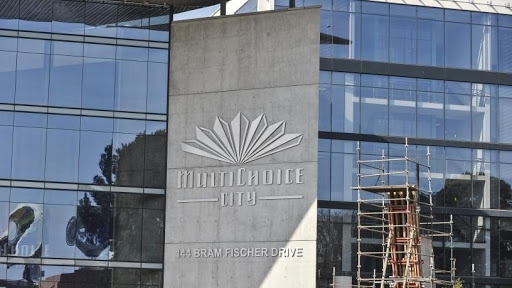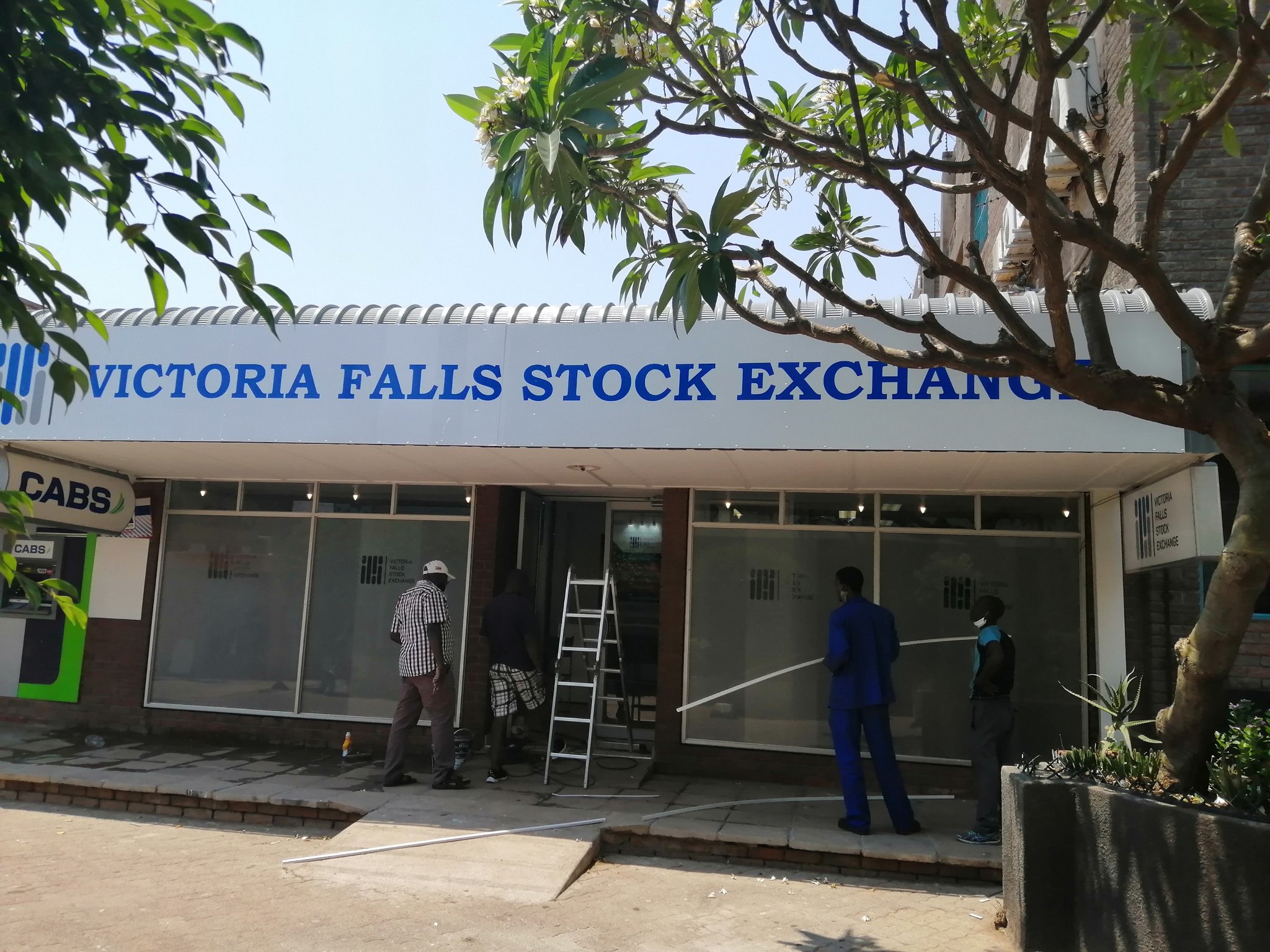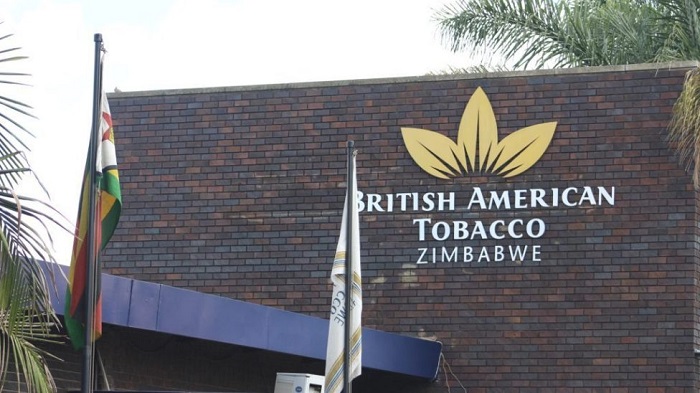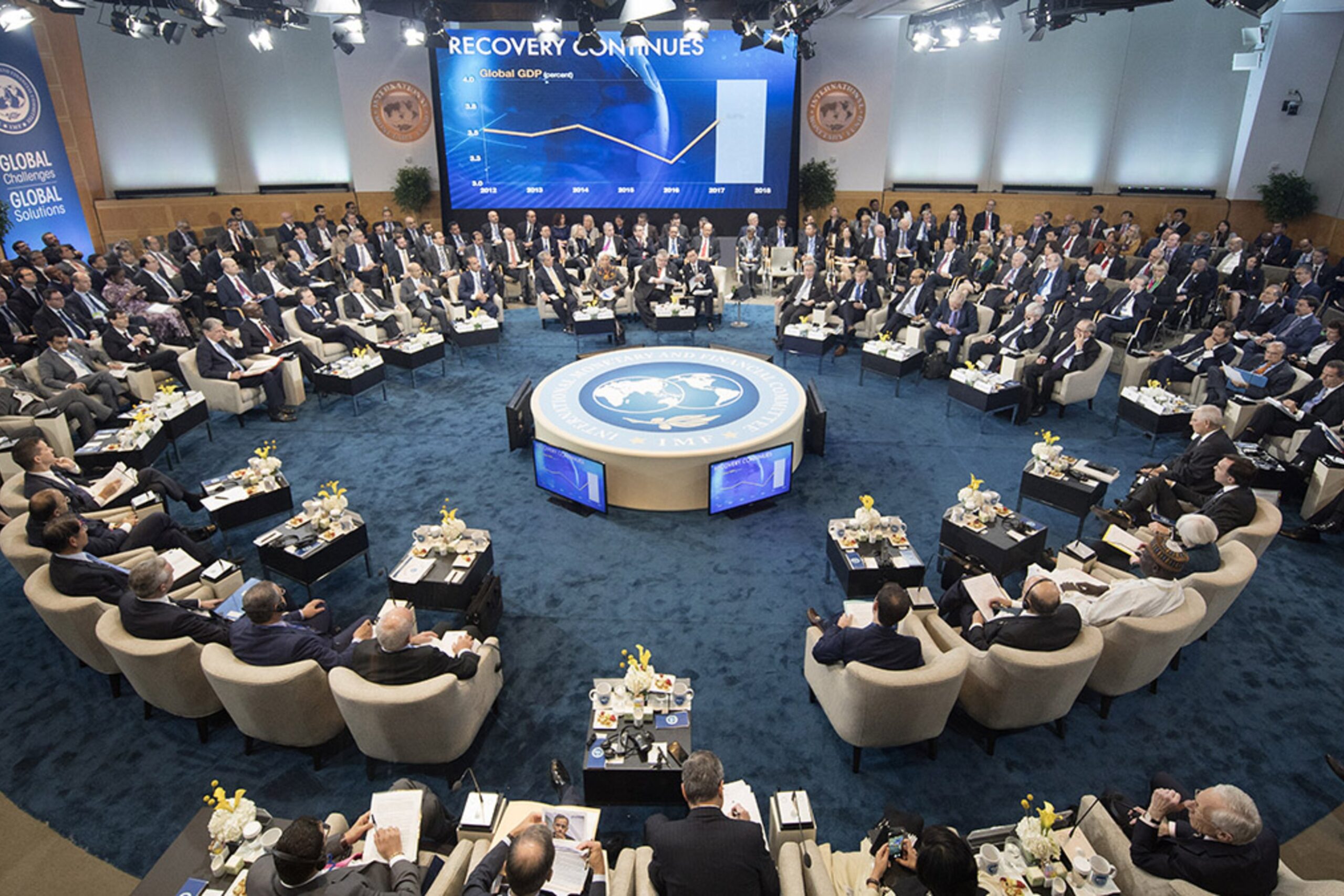IMF, World Bank back Zim reform agenda
THE International Monetary Fund (IMF) and the World Bank (WB) have pledged to support Zimbabwe’s current development and growth trajectory, in a vote of confidence for economic reforms being implemented by President Mnangagwa’s administration.
A delegation from the two multilateral financial institutions is currently in the country and yesterday paid a courtesy call on President Mnangagwa at State House in Harare.
Already, plans have been set in motion for a Staff Monitored Programme (SMP) which will see the IMF seconding staff to Zimbabwe.
The SMP will help Zimbabwe establish a track record of policy implementation and thus pave way for an IMF financial arrangement or for the resumption of a financial arrangement.
Government has since adopted the arrears clearance, debt relief and restructuring strategy to help resolve the country’s long standing debt and arrears that were threatening the Second Republic’s developmental efforts.
In an interview after a closed door meeting with President Mnangagwa at State House, the IMF’s Director of the African Department, Mr Abebe Aemro Selassie, said the IMF was prepared to assist Zimbabwe “to the fullest extent”.
The IMF and WB both expressed satisfaction with the pace at which economic reforms are being implemented by President Mnangagwa’s administration.
“Our joint meeting today with the President was really a courtesy call, we wanted to hear from him how he wants our institutions to provide much needed support to Zimbabwe.
“On our part we expressed our readiness to support Zimbabwe to the fullest extent that we can.
“The Government has requested a Staff Monitoring Programme through which we can provide support to the Government in terms of policy advice and technical assistance.
“We want to initiate that as soon as Government is ready and I am here to try and understand Government’s motivations and more importantly to signal our readiness to move forward with the Staff Monitored Programme as soon as our teams can sit together and finalise the discussions,” he said.
“The President basically explained Government’s very strong commitment to advancing economic reforms and also including recognising that there are some areas that require attention.”
Mr Selassie said the IMF was not coming to dictate terms to Zimbabwe, but rather proffer advice on how best the country can go about undertaking its own initiated economic reforms.
It is important, said the two financial institutions, that Zimbabwe does not deviate from the implementation of these reforms.
“We very much these days work with Governments and ask Governments to actually prepare the economic reform programmes that they want us to support.
“What we bring to the table is expertise in terms of how other countries have sought to address the challenges that they face and what has worked and what has not worked.
“But more generally I want to point to you that particularly these last three, four years when our countries were impacted by the (Covid 19) pandemic and then all of the global shocks, the IMF and World Bank have moved forward to support the region like never before,” said Mr Selassie.
He added that the IMF is committed to assisting Africa attain economic prosperity, evidenced by the provision of over US$60 billion in aid, of which Zimbabwe had been a beneficiary.
“We have provided over the last three years financing to the tune of US$60 billion to sub Saharan Africa. Zimbabwe benefited almost US$1 billion from the SDR allocation so these are significant amounts of resources that we have provided to support Government’s efforts to improve social protection, and advance economic reforms,” Mr Selassie said.
Finance, Economic Development and Investment Promotion Minister Professor Mthuli Ncube said the Second Republic is committed to implementing the necessary reforms.
Once successfully implemented, he said, Zimbabwe will be on a path to sustainable growth and development.
Prof Ncube said the SMP would be backed by Zimbabwe’s own resources as well as those from development partners.
“The Staff Monitored Programme is basically a commitment to reforms that we still need to make to further stabilise our economy and set it on a path to sustainable growth and development.
“Of course, it comes with resources, some of the resources are already here through development partners, some of the resources are our own resources. Government is spending quite a bit of money for example, social protection, the Pfumvudza/Intwasa programme as well as the big programme for supporting the vulnerable children in schools.
“So our own resources and development partners resources make up the totality of resources that are needed for a successful Staff Monitored Programme,” he said. herald









